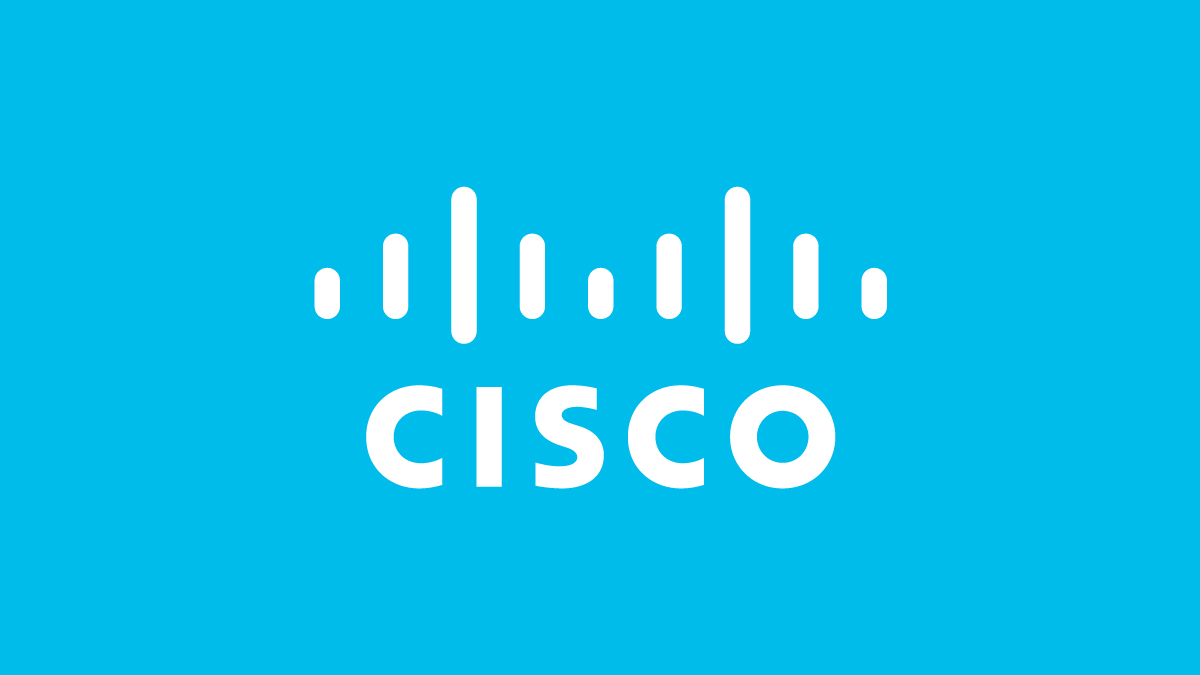SAN JOSE, Calif., March 10, 2005 - Cisco Systems®, Inc. today announced that it has passed additional U.S. Department of Defense (DoD) Voice over Internet Protocol (VoIP) tests, confirming that the Cisco IP Communications system conforms to the interoperability, reliability, and resiliency requirements of DoD's multi-vendor voice network. Cisco's new Joint Interoperability Test Command (JITC) PBX1 certification allows DoD organizations to deploy the Cisco IP Communications system in mission-critical environments such as Command and Control Voice-Grade Local Area Networks (C2VGLAN).
The certification makes Cisco the first vendor to achieve PBX1 certification with an IP-centric softswitch. Cisco had already achieved JITC PBX2 certification.
"Cisco's PBX1 certification allows government agencies to start moving away from legacy TDM (Time Division Multiplexing) switches and take advantage of the tremendous flexibility of VoIP," said Brad Curran, defense communications analyst at Frost & Sullivan. "Because Cisco's certified solution is designed for interoperability with legacy voice networks, government organizations can migrate to IP Communications at their own pace. For example, VoIP is especially useful for mobile network environments."
Added Bruce Klein, federal area vice president, Cisco Systems: "Cisco's PBX1 certification is a result of a company-wide commitment to meeting all DoD certification requirements for IP Communications equipment. We are dedicated to furthering DoD agencies toward their long-term vision of network-centric operations with highly secure, reliable solutions that cost-effectively scale with installations' needs."
The Cisco IP Communications system helps enable the transmission of data, voice and video traffic over a single open, fully integrated Cisco AVVID (Architecture for Voice, Video and Integrated Data) infrastructure. DoD organizations deploying Cisco IP Communications stand to realize the considerable benefits of converged networking, including increased productivity, greater flexibility and reduced operational costs. The Cisco IP Communications system also establishes a solid foundation for the deployment of advanced, feature-rich services such as unified messaging, multimedia conferencing, collaborative contact centers and interactive multimedia response systems.
JITC PBX1 certification is based on network requirements set by the Defense Information Systems Agency. Certification proves that tested products are highly secure and can operate without performance degradation in a multi-vendor environment. Testing covers military features such as Multi-Level Precedence and Preemption (MLPP), which allows more important users to override routine traffic and ensures service during an emergency.
"Increasingly, our government customers are requiring solutions that produce necessary levels of security and resiliency even in the most demanding environments," said Greg Akers, senior vice president and chief technology officer of Cisco's Global Government Solutions Group. "Cisco's PBX1 certification will allow DoD installations to take advantage of the significant return on investment offered by IP Communications, without compromise to traffic security. Additionally, the productivity gains that our IP Communications systems deliver are immediate, both across back-office voice/data management and among users."
Certified elements include:
- Cisco CallManager 4.1 call processing software, extending enterprise telephony features and capabilities to packet telephony network devices such as Cisco IP phones, media processing devices, voice over IP gateways and multimedia applications;
- Stack-able, multi-layer Cisco Catalyst 3550 and 3560 switches, delivering high-performance IP routing, advanced quality of service (QoS) and enhanced data security across the network, while maintaining the simplicity of traditional LAN switching;
- Cisco Catalyst 4500 and 6500 switches, supporting converged services from the wiring closet to the core to the wide area network (WAN) edge;
- Cisco 2600 and 3700 gateways, providing on-board LAN/WAN connectivity and new high-density service modules in a compact form factor, and
- Cisco 7940G, 7960G and 7970G IP phones, featuring large pixel-based displays to bring productivity-enhancing applications to the phone, as well as customization options that can be modified as needs change and provide inline power support over Ethernet.
About Cisco IP Communications
Cisco IP Communications is a comprehensive system of enterprise-class solutions including IP telephony, unified communications, rich media communications, including audio, web and videoconferencing, IP video broadcasting and customer contact solutions that take advantage of customers' existing Cisco IP infrastructure to deliver new converged applications. More information about Cisco IP Communications is available at: www.cisco.com/go/ipc.





